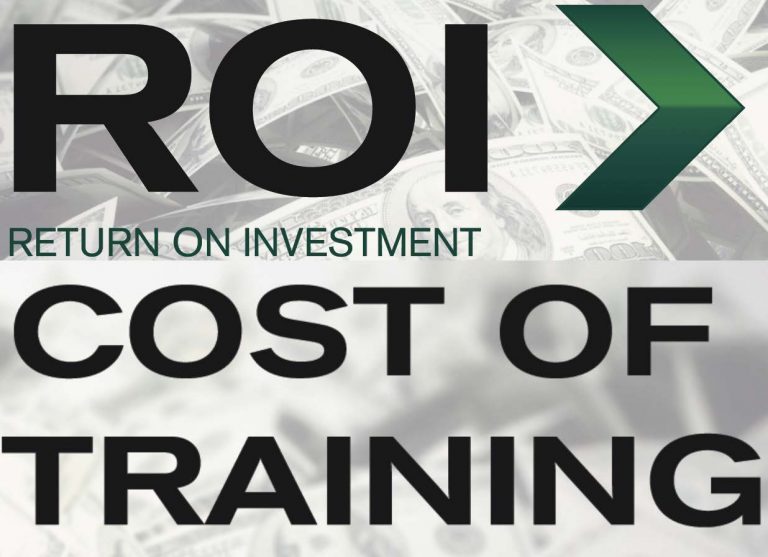
The ability to ask tough questions is a core skill in problem-solving that can unlock new opportunities and lead to innovative breakthroughs. These questions push us beyond our comfort zones, challenging our assumptions, and exposing opportunities for growth and change. Unfortunately, asking questions that challenge the status quo is not always easy. It requires a certain level of courage and intellectual openness to explore new ideas and perspectives fully.
However, the payoff can be massive.
Whether you are facing a personal or professional challenge, asking tough questions can help you shift your perspective, unlocking new insights that lead to improved outcomes. We will explore some of the most challenging yet powerful questions that you can use to spark innovation, growth, and success.
How can we innovate here?
One of the most effective ways to overcome challenges is to approach them with a growth mindset. That means asking yourself, “How can we do things better?” or “How can we do things differently?”. These types of questions can help you to identify new opportunities, solutions, and approaches that would have otherwise gone unnoticed.
To innovate, you must be willing to take risks, experiment, and be open to failure. Innovation requires an environment that fosters creativity, collaboration, and new ideas. When you ask questions that challenge the status quo, you are opening the door to entirely new possibilities.
What is the worst that can happen?
When you are facing a challenging situation, fear can be a major obstacle to progress. Fear of failure, rejection, and loss can paralyze you, preventing you from taking action. However, by confronting your fears head-on, you can reduce their hold on you and make better decisions.
Asking this question requires you to face your fears and explore the potential consequences of your actions. Once you have identified the worst-case scenario, you can plan for it, and reduce its likelihood. More often than not, you will find that the actual outcome is much less severe than you might have imagined.
What is the best that can happen?
While it is essential to consider the worst-case scenario, it is equally important to explore the opposite end of the spectrum. By asking this question, you are envisioning a positive outcome and empowering yourself to take risks.
By focusing on the best possible outcome, you can set your sights higher, and aim for more significant achievements. When you envision success, you are programming your mind for growth and success, which can increase your chances of achieving it.
What have we done to contribute to this challenge?
It’s tempting to blame external factors for our challenges and obstacles. However, taking responsibility for our situation is the first step in addressing it. By identifying our contribution to the issue, we can begin to address it and develop a plan for change.
Taking responsibility requires accountability and humility. It means being willing to examine your actions and beliefs and how they might have contributed to the situation. By doing so, you can learn from your mistakes and avoid repeating them in the future.
What can we do to change the situation?
Once you have taken responsibility for your role in the challenge, you can explore how to make positive changes. This question is about identifying the steps you can take to overcome the obstacle and create a better outcome.
Action is essential in this approach. It requires a willingness to take strategic risks and to experiment with new ideas and approaches. By doing so, you can create positive change and establish a culture of growth and innovation.
Asking tough questions is a powerful tool for overcoming challenges and achieving success. By challenging your assumptions, confronting your fears, and taking strategic risks, you can unlock new opportunities and breakthroughs, both personally and professionally.






